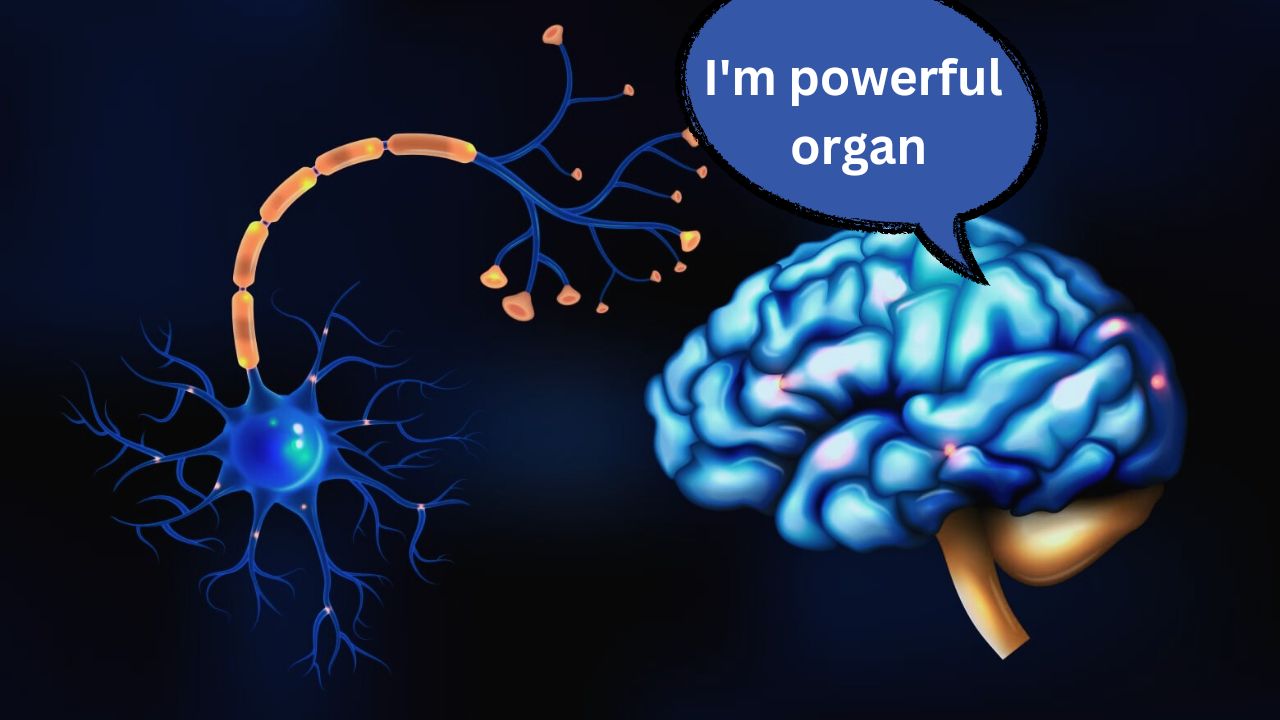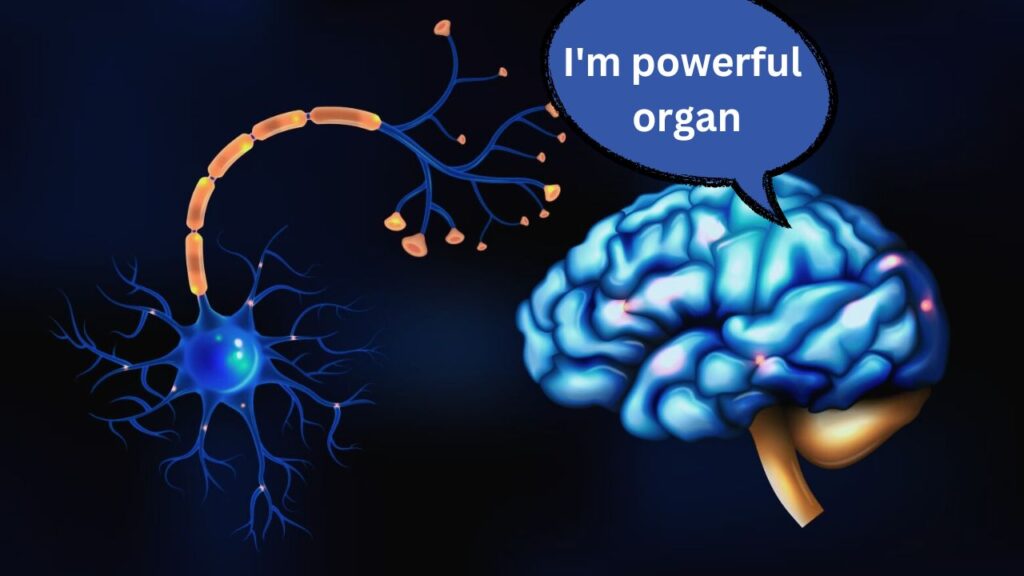INTRODUCTION
In today’s fast-paced world, maintaining optimal brain health is more important than ever. Whether you’re a student cramming for exams, a professional juggling multiple projects, or just looking to improve your cognitive function, boosting your brain power can have a profound impact on your overall performance and quality of life. This article will explore scientifically-backed techniques to increase your mental clarity and focus, helping you achieve peak cognitive function.
1. Prioritize Quality Sleep
Sleep is crucial for brain health. During sleep, your brain processes information, consolidates memories, and clears out toxins that accumulate during the day. Adults should aim for 7-9 hours of quality sleep per night.
Tips for better sleep:
- Maintain a consistent sleep schedule: Go to bed and wake up at the same time every day, even on weekends.
- Create a restful environment: Keep your bedroom cool, dark, and quiet.
- Limit screen time before bed: Exposure to blue light from phones and computers can interfere with your sleep cycle.
2. Stay Physically Active
Regular physical activity increases blood flow to the brain, promotes the growth of new neurons, and improves cognitive function. Exercise also helps reduce stress and anxiety, which can impair brain function.
Exercise tips:
- Incorporate aerobic exercise: Activities like walking, running, and swimming are great for cardiovascular health and brain function.
- Strength training: Lifting weights or using resistance bands can improve overall physical health and brain power.
- Consistency is key: Aim for at least 150 minutes of moderate-intensity exercise per week
3. Eat a Brain-Boosting Diet
What you eat directly affects your brain health. A diet rich in antioxidants, healthy fats, vitamins and minerals can protect your brain from damage and support cognitive function.
Brain-boosting foods:
- Fatty fish: Rich in omega-3 fatty acids, which are essential for brain health.
- Berries: Packed with antioxidants that protect the brain from oxidative stress.
- Nuts and seeds: Provide essential nutrients like vitamin E, which supports cognitive function.
- Leafy greens: High in vitamins and minerals that promote brain health.
- Whole grains: Provide steady energy and nutrients that support brain function.
4. Engage in Mental Stimulation
Keeping your brain active and challenged is crucial to maintaining cognitive function. Mental stimulation encourages the growth of new neural connections and helps keep your brain sharp.
Ways to stimulate your brain:
- Learn something new: Take up a new hobby, learn a new language, or try playing a musical instrument.
- Solve puzzles: Engage in activities like crossword puzzles, Sudoku, and brainteasers.
- Read regularly: Reading stimulates your brain and improves your cognitive skills.
5. Manage Stress Effectively
Chronic stress can have a detrimental effect on your brain, impairing memory and cognitive function. Finding effective ways to manage stress is essential to maintaining mental health.
Stress management techniques:
- Practice mindfulness: Techniques like meditation and deep breathing can help reduce stress and improve focus.
- Stay organized: Keeping a to-do list and prioritizing tasks can help reduce feelings of overwhelm.
- Seek support: Talking to friends, family, or a mental health professional can provide relief from stress.
6. Stay Socially Active
Social interaction is essential for maintaining cognitive function and emotional well-being. Engaging with others can provide mental stimulation, reduce stress, and improve overall brain health.
Ways to stay socially active:
- Join clubs or groups: Participate in activities that interest you and meet new people.
- Stay connected with friends and family: Regularly spend time with loved ones, whether in person or virtually.
- Volunteer: Helping others can provide a sense of purpose and improve mental health.
7. Stay Hydrated
Dehydration can impair cognitive function and negatively affect mood and concentration. Drinking enough water is essential for maintaining brain health.
Hydration tips:
- Drink plenty of water: Aim for at least 8 glasses of water per day, more if you are physically active.
- Eat water-rich foods: Fruits and vegetables like cucumbers, watermelon, and oranges can help keep you hydrated.
8. Avoid Harmful Substances
Some substances can have a negative effect on brain health. Limiting or avoiding these substances can help protect your brain and improve cognitive function.
Substances to avoid:
- Excessive alcohol: Can impair cognitive function and increase the risk of brain damage.
- Tobacco: Smoking can reduce blood flow to the brain and increase the risk of cognitive decline.
- Illicit drugs: Can cause significant harm to brain health and overall well-being.
9. Practice Gratitude
Practicing gratitude has been shown to improve mental health and cognitive function. Taking time to reflect on what you’re thankful for can reduce stress and improve overall brain health.
Ways to practice gratitude:
- Keep a gratitude journal: Write down things you’re grateful for each day.
- Express appreciation: Tell others what you appreciate about them.
- Reflect on positive experiences: Spend time thinking about positive events and experiences in your life.
10. Seek Professional Help if Needed
If you’re struggling with cognitive function or mental health issues, don’t hesitate to seek professional help. A healthcare provider can offer guidance and support to help you improve your brain health.
When to seek help:
- Persistent memory problems: If you’re having trouble remembering things consistently.
- Difficulty concentrating: If you’re finding it hard to focus on tasks.
- Emotional distress: If you’re experiencing anxiety, depression, or other mental health issues.
Conclusion
Boosting your brain power involves a combination of lifestyle changes and healthy habits. By prioritizing quality sleep, staying physically and mentally active, eating a brain-boosting diet, managing stress, staying socially connected, and avoiding harmful substances, you can enhance your cognitive function and improve your overall brain health. Remember, small changes can make a big difference, so start implementing these strategies today for a sharper, more focused mind.

Weight Loss Exercises at Home

Healthy Lifestyle Tips: A Comprehensive Guide to Better Living

The Stark Reality of Work Depression and Death in India

The Milestone of Modern Medicine: The First Successful Human Head Transplant

How to Boost Your Brain Power: Proven Strategies for Mental Clarity and Focus

The Ultimate Guide to an Effective Skin Care Routine At Home

Weight Loss Exercises at Home
INTRODUCTION In today’s fast-paced world, finding time to go to the gym can be challenging. However, that doesn’t mean you can’t achieve your fitness

Healthy Lifestyle Tips: A Comprehensive Guide to Better Living
INTRODUCTION Living a healthy lifestyle is more than just a trend; it’s a commitment to improving your overall well-being and longevity. With the rise of

The Stark Reality of Work Depression and Death in India
INTRODUCTION Job depression is a silent epidemic that is sweeping many parts of the world and India is no exception. The modern work environment, economic

The Milestone of Modern Medicine: The First Successful Human Head Transplant
INDRODUCTION In the ever-evolving field of medical science, breakthrough achievements constantly reshape our understanding of what is possible. One of the most amazing and controversial

How to Boost Your Brain Power: Proven Strategies for Mental Clarity and Focus
INTRODUCTION In today’s fast-paced world, maintaining optimal brain health is more important than ever. Whether you’re a student cramming for exams, a professional juggling multiple

The Ultimate Guide to an Effective Skin Care Routine At Home
INDRODUCTION In the pursuit of glowing and healthy skin, an effective skin care routine is paramount. With the plethora of products and advice available, understanding


